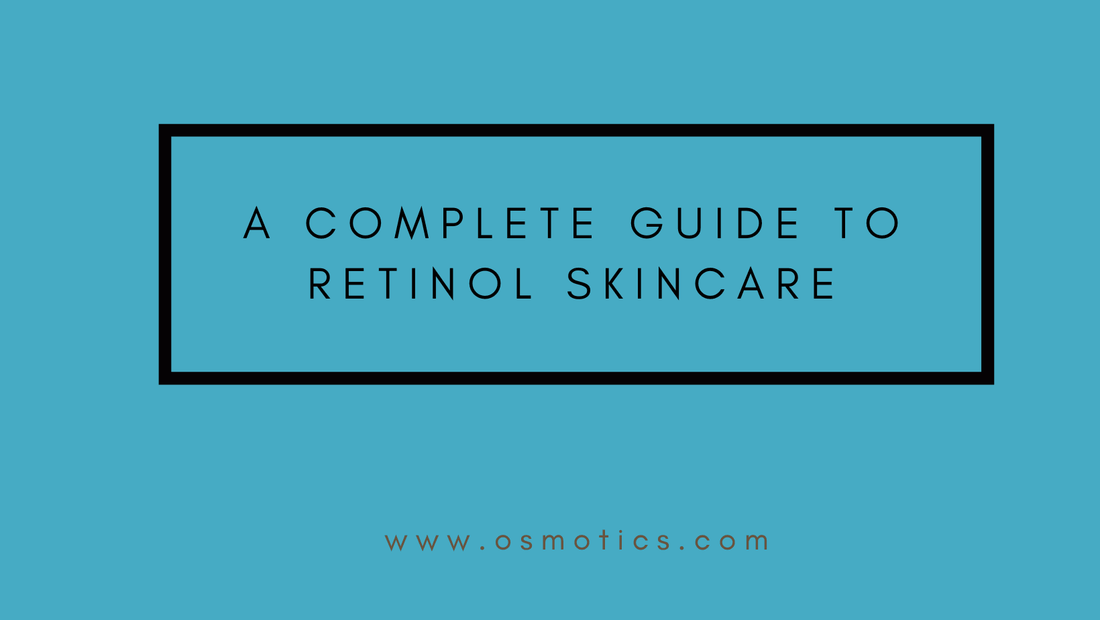Vitamins are vital for maintaining skin's looks and health if you're looking for natural approaches to support healthy skin. Although nutrient-rich foods are the best source of vitamins, vitamin supplements and topical creams containing vitamins can also be beneficial. Vitamins can be used to cure a range of skin disorders, including acne, psoriasis, and the ageing effects of sun exposure on your skin, in addition to helping it look its best.
What is vitamin E?
Vitamin E is an essential fat-soluble vitamin having anti-inflammatory effects. Vitamin E promotes immune system function, cell function, and skin health. It is an antioxidant, which means it can battle the effects of free radicals created by food metabolism and contaminants in the environment. Vitamin E may be useful in decreasing UV damage to the skin.
It may also be useful in treating atopic dermatitis and fatty liver disease, as well as decreasing the progression of mild to moderate Alzheimer's disease.
Vitamin E is also used to dilate blood arteries, which reduces the danger of blood clots.
UV rays and sun exposure lower vitamin E levels in the skin. Vitamin E levels decline with age as well. However, vitamin E can be found in a variety of meals, as a supplement, and as an ingredient in topical applications.
What you should know about vitamin E in diet
Many foods contain vitamin E, including commercially processed foods such as cereal, juice, and margarine.
seafood such as abalone, salmon, and others Broccoli, spinach, and other leafy greens
Sunflower seeds and hazelnuts are examples of nuts and seeds. Vegetable oils such as sunflower, wheat germ, and safflower oil are examples of vegetable oils.
On food labels, natural vitamin E is frequently identified as d-alpha-tocopherol. Vitamin E can also be synthesized. The synthetic form of vitamin E is known as dl-alpha-tocopherol. Natural vitamin E is more powerful than synthetic vitamin E.
When coupled with vitamin C, vitamin E absorbs much better.
Who should apply vitamin E to their skin and who should not?
Even if you don't know what your perfect skin-care routine is, your skin type can help you decide whether you should use a vitamin E oil, cream, or serum. The substance is good to most skin types and has been proved to help some persons with eczema.
Vitamin E skin benefits
Vitamin E is a key ingredient in many cosmetic products. It is an excellent component for acne and pigmentation patches.
Vitamin E plays an important role in the skincare process, appearing in everything from lotions to serums. It is also a skin-friendly component when used topically.
Protects lipid barrier
Non-antioxidant vitamin E has been demonstrated to impede smooth muscle cell growth. According to study, vitamin E is a significant preventive agent against hypercholesterolemia-induced age-related illnesses. It protects lipid membranes from oxidative damage by scavenging free radicals.
Keeps skin moist
Vitamin E's moisturizing effects keep the skin moisturized for a longer amount of time.
When vitamin E builds a protective barrier surrounding the skin cells, this occurs. The barrier prevents moisture loss and maintains the appearance of healthy, hydrated skin. Vitamin E also helps to seal cracks caused by dryness.
Heals skin
The National Library of Medicine's article PMC4976416 provides anecdotal evidence that vitamin E has the ability to hasten wound healing and enhance the appearance of burns and other wounds.
Before and after surgery, applying a topical vitamin E formulation may promote wound healing.
This super vitamin is necessary for the production of red blood cells, which carry oxygen throughout the body and hasten skin healing.
Acts as an antioxidant
Considered to be a very powerful antioxidant is vitamin E.It helps to delay the start of skin ageing when taken frequently. Vitamin E's antioxidant qualities promote the synthesis of collagen, a structural protein that gives skin its flexibility and strength.
Fighting UV-related skin damage
It is undeniable that supplementing with vitamin E can help one prevent UV ray damage as well as sagging skin, fine lines, wrinkles, dark patches, and hyperpigmentation.
Its UV-blocking properties are strengthened when combined with vitamin C. This is because they increase the absorption of vitamin E.
Protects cells from damage
Human skin is vulnerable to harm from a variety of factors, including pollution and smoke as well as UV radiation and other environmental stressors. They damage the skin and speed up ageing due to the free radicals they contain.
Vitamin E can permeate the skin and fortify the outer protective layer because it is fat-soluble. This protects the skin from harm from the outside.
Softens skin
Vitamin E is used regularly to soften and smooth the skin. By preventing dryness, it makes the skin supple and produces a glossy skin texture.
Reduces swelling
Vitamin E aids in the reduction of skin swelling. It works by scavenging free radicals that harm cells through oxidative stress.
Vitamin E used topically helps revitalize skin by reducing edema. The results of applying topical vitamin E to the face overnight are highly regarded.
Calms redness
Several factors might cause the skin to become red. With its calming qualities, vitamin E helps to lessen skin redness.
Thickening
Vitamin E can help the skin maintain its suppleness as an antioxidant. Taking it along with another vitamin is the finest thing you can do for your skin.
Its capabilities are improved when combined with vitamins A and C, and the skin becomes thicker and firmer as a result.
Vitamin E protects against UV damage and improves blood flow, while vitamins C and E protect collagen and elastin. Vitamin A provides moisturizing effects on the skin. Their combination is fantastic for the skin.
Conclusion:
For the vast majority of people, vitamin E can offer significant skin advantages. Vitamin E can be administered through or as an oil because it is oil soluble, thus adding oils and moisturizers to your skin care regimen are some of the finest methods to use the substance.

